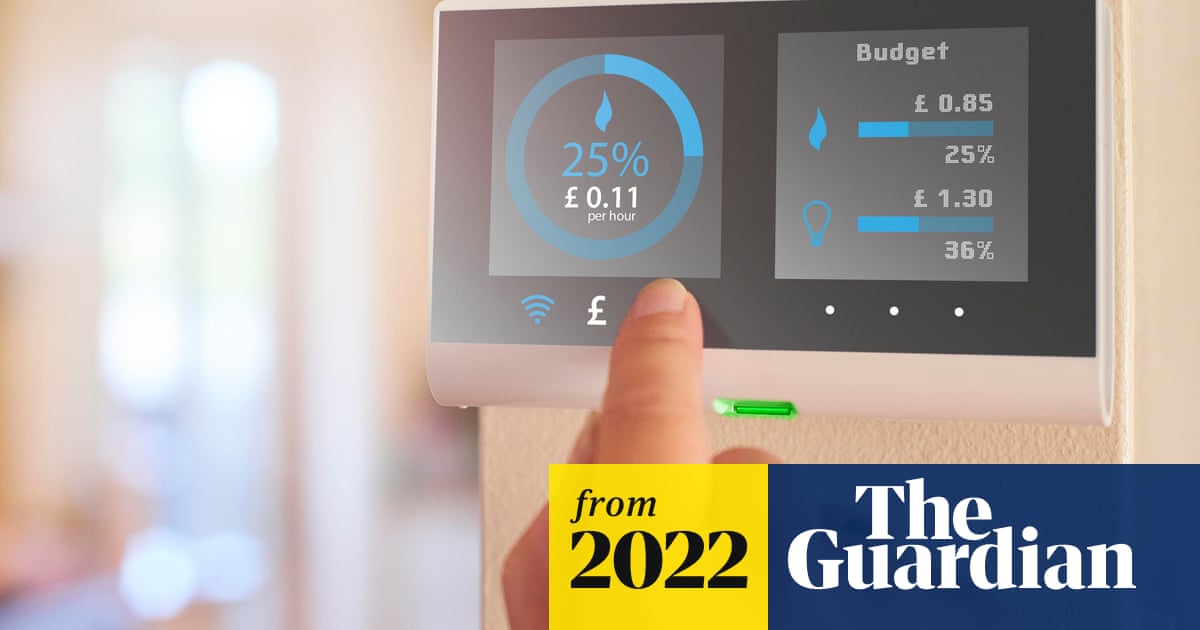So the utility companies are selling evergy at a loss due to government intervention but we need to windfall companies cause of their profits and the government not doing anything ? Right
What we need is investment in power generation. Hand outs won’t solve the problem
Even £20billion wouldn’t cover the average increase that’s coming to 30m houses
What we need is investment in power generation. Hand outs won’t solve the problem
Even £20billion wouldn’t cover the average increase that’s coming to 30m houses


